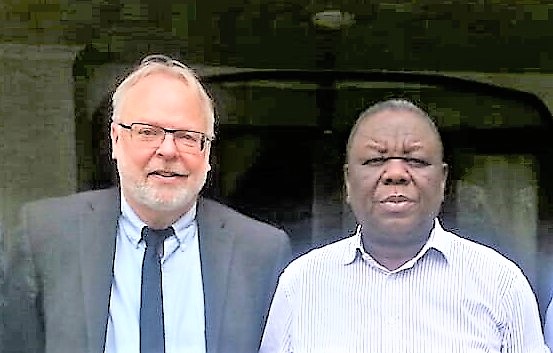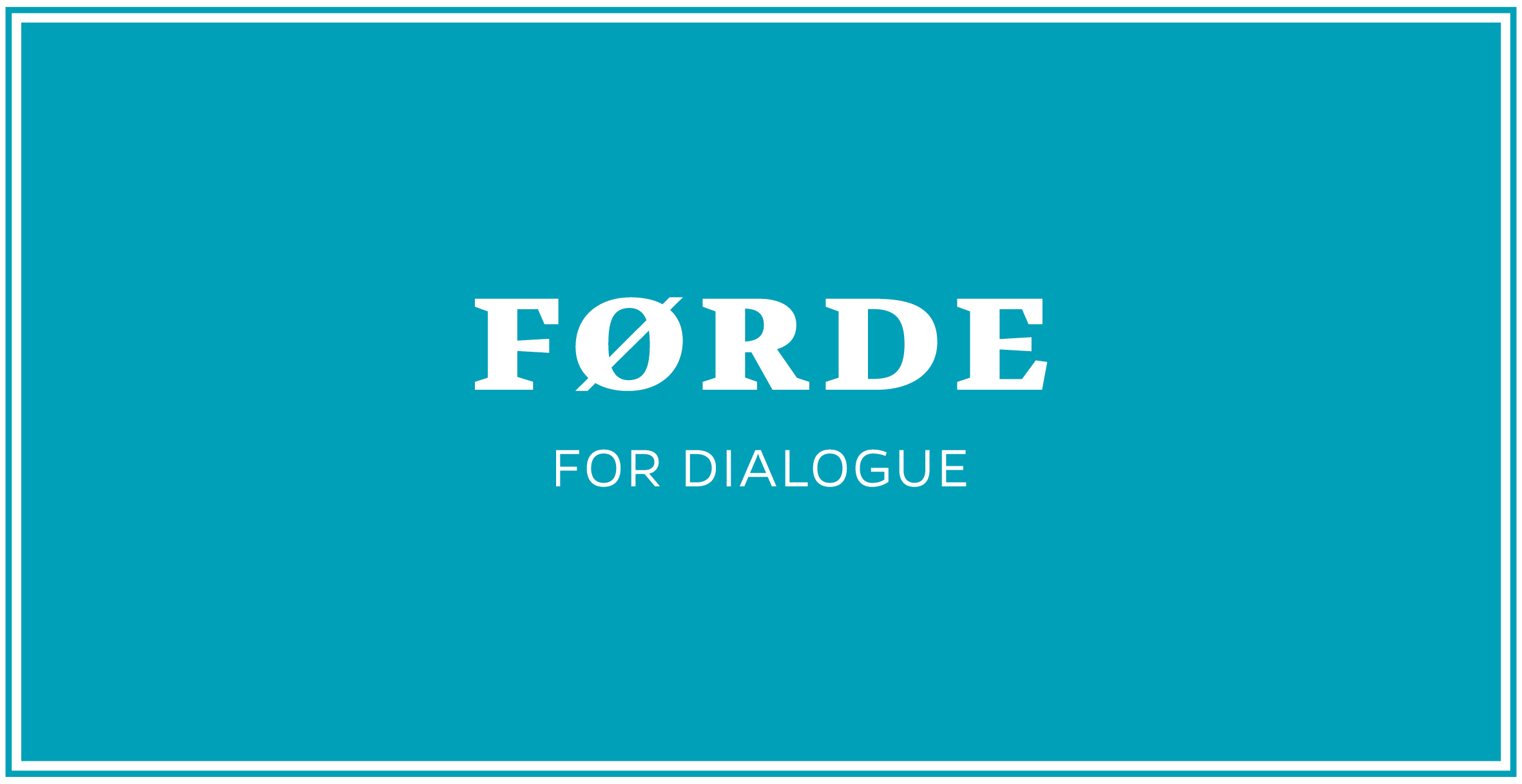
THE DEATH OF MORGAN TSVANGIRAI
It is sad to learn about the death of Morgan Tsvangirai, at the age of only 65. Despite all the controversies that have surrounded him over the years, he deserves to be recognized for his leadership at a time when his country needed it.
I first met Morgan when I was Secretary General of Mellemfolkeligt Samvirke, in my office in Copenhagen in the late 1990s, when MDC was being formed. We were brought together by my good friend Paul Themba Nyathi, who was an adviser to MS during the years when I was Country Coordinator for MS in Zimbabwe 1992-95. Later Paul became a close adviser to Morgan, before they parted ways. In fact, when you read his biography “Morgan Tsvangirai at the Deep End” from 2011, you can read about the role Paul played in the decision that Morgan should be the leader of the new party. Just read this – told through the voice of Morgan:
Leadership of the party had never crossed my mind. I had a fantastic working relationship with Gibson Sibanda spanning a 12-year period. I tried to argue that as far as I could see, Gibson’s being an Ndebele did not matter. Joshua Nkomo, an eminent nationalist leader, was well respected countrywide despite coming from a minority tribe, the Kalangas.
‘A lot has changes since Zapu and Nkomo days.’ paul Themba Nyathi, himself a former Zapu stalwart countered. ‘And, mind you, we have had some problems in Matabeleland.’ I assured him that I was following his argument and I knew that the area and its people had endured a lot in the years following our independence. Mugabe could easily isolate the Ndebele again and target them for reprisals. All of that I had considered – but how was I supposed to work with Sibanda should I be elected as the party leader? I asked Paul Themba Nyathi, after a long pause.
‘We have spoken to Gibson,’ was his straightforward answer. ‘There is no problem; you must go for it.’
In our meeting in Copenhagen, he emphasized the role and relationship with civil society, and he wanted to know how this worked in Denmark. Considering that he himself had a union background and that many of the people playing key roles were recruited from a vibrant civil society – including many organisations that Mellemfolkeligt Samvirke had been in touch with – this was a relevant discussion. I remember that we also discussed how the new party, which was at the time still in the process of being established, would have to be ready for criticism from its ‘friends’ in civil society. This was part of accountability in a democracy.
We have met on several occasions over the years, and our last meeting took place at his residence in Harare in 2015, as part of efforts through Zimbabwe Institute and in cooperation with the Danish Institute for Parties and Democracy and the Netherlands Institute for Multi-Party Democracy to strengthen multi-party cooperation. Morgan was clearly not physically in good shape due to his illness, but he had not lost his analytical ability and enthusiasm, and he took us through a number of scenarios for Zimbabwe over the coming years, including the election now coming up.
It is probably true that Morgan Tsvangirai did not always take the ‘right’ decisions, and he was not always the best of leaders. But when you read the biography, you get a good sense of a man with lots of vision for his country, extremely brave, and willing to sacrifice more than most of us. In the book you also get the sense of a person who feels that he has not been been given the appropriate recognition by his peers, who seem to focus on his weaknesses (one being that he was not an academic) rather than his strengths.
One of the decisions that has been very controversial and is still being discussed is Tsvangirai’s and MDC’s decision to enter the Global Political Agreement following the 2008 election. In his biography, he writes:
I signed the Global Political Agreement because my belief in Zimbabwe and its peoples ran deeper than the scars I bore from my ten-year struggle against Mugabe’s dictatorship. I went into an openly loveless marriage out of my hope for the future. That hope was, and still is, far stronger than the grief I felt for the needless suffering in my personal past.
My experiences spurred me to dig deeper into the African political psyche and to sharpen my vision as an African, born in a colonial setting and matured under a post-colonial tyranny. For the transition to survive, I had to be cautious. Publicly, I went out of my way to assure the nation that all was well. I forfeited my militancy and never sought to humiliate Mugabe as an opponent. I could see the dangers of taking off my boxing gloves and engaging in yet another political fracas with Mugabe and ZANU PF. Had I done otherwise the transitional government would have collapsed within weeks of formation.
Morgan Tsvangirai lost the 2008 election to Robert Mugabe, although he actually won the majority of votes, according to all the available information we have. That was his moment, and he was robbed of the victory and the power that follows with it. That must have been a difficult legacy to live with, without giving up.
May he rest in peace!
